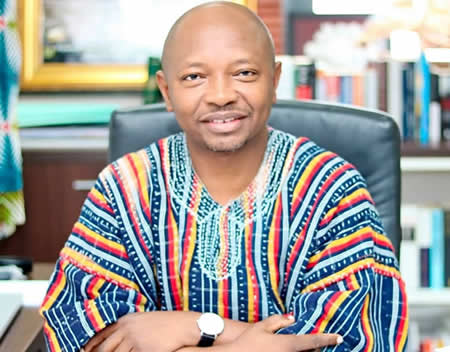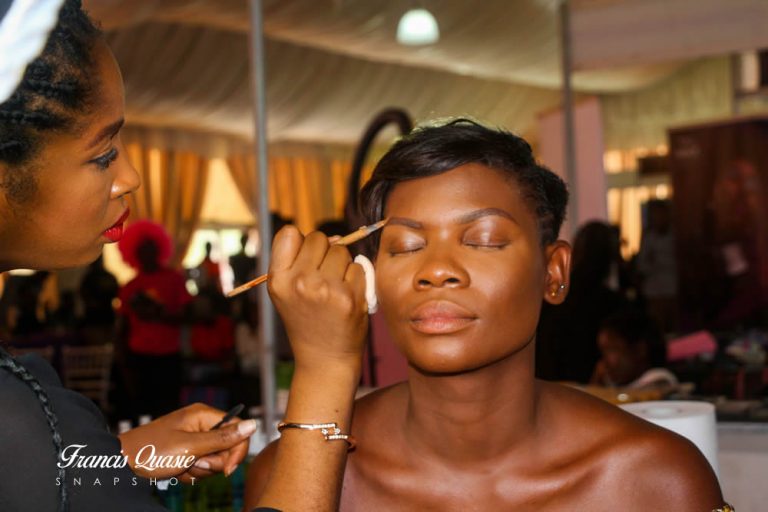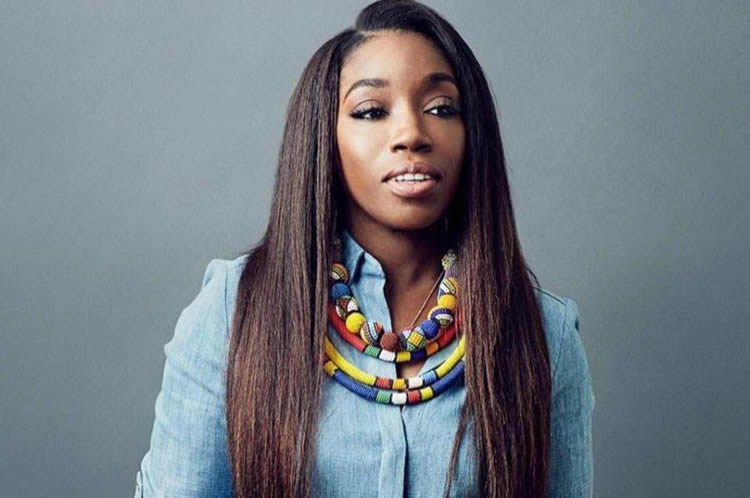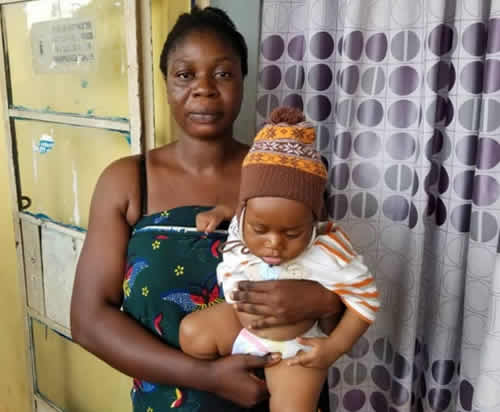Coronavirus: Ras Mubarak Expresses Concern About The Poor In Lockdown
- Home
- Coronavirus: Ras Mubarak Expresses Concern About The Poor In Lockdown

Coronavirus: Ras Mubarak Expresses Concern About The Poor In Lockdown

Member of Parliament for Kumbungu, Honourable Ras Mubarak, has expressed concern about the homeless people in Ghana who would have to endure the hardship of fending for themselves in this moment of lockdown.
Speaking in an interview with Solomon O. Mensah of healthafricaonline.com on Monday, the honourable member of parliament said he had never been in support of a lockdown since it is the people he [Hon. Mubarak] represents who would suffer the harsh realities of a lockdown without the necessary provisions in place.
“I have never been in support of a lockdown for the simple reason that the people I represent, which is the man and woman in the street who would bear the full brunt of a lockdown without the necessary safety net. There are people who don’t have electricity, not to talk about fridges; people who don’t have rooms, not to talk about places they can stockpile foods; so in locking down, you need to take into consideration all of these people,” Hon. Mubarak explained.
Hon. Ras Mubarak explained further that if someone is a hustler, dog chain seller, Kola nut seller, who doesn’t have a convenient place to sleep, locking down will make their life difficult. He went on to say that if care is not taken, people might end up dying from hunger than dying from coronavirus simply because they can’t fend for themselves.
The honourable member of parliament said that the social impact of not putting adequate measures in place before a lockdown is that people who live on daily wages such as car wash boys might resort to violent crimes like carjacking and murder, citing South Africa as an example.
Hon. Mubarak pointed out that the Government ought to support the underprivileged, saying, the minister responsible for Women, Children and Social Protection should see to the welfare of the destitute in areas like Agbogbloshie, Ashaiman and other deprived communities.
In his 4th coronavirus outbreak address to the nation on Friday, the president of the republic of Ghana, Nana Addo Dankwa Akufo-Addo declared a two-week partial lockdown in some parts of the country to curtail the spread of Covid-19. The president’s declaration of a lockdown came after the nation had recorded a total of 137 confirmed cases of covid-19 and a death toll of 4.
The call for a lockdown had been made by a cross-section of the general public and some organisations – notably the Ghana Medical Association (GMA), the Trade Union Congress (TUC) and the Bureau of Public Safety, as a result of the fear and panic that came with the increasing number of newly infected cases on a daily basis.
The markets and shops in the three cities identified as hotspots – Accra, Tema and Kumasi – that were supposed to lockdown on Monday were flooded with people who were panic-buying foodstuff and other consumables over the weekend, leading to an astronomical increase in prices.
The announcement of the lockdown prompted a mass movement of people out of the three affected cities over the weekend, and this has raised serious concerns about the possibilities of infecting people with the virus in other parts of the country.
Reacting to the issue of people who have left the affected cities to other parts of the country, Hon. Mubarak said the District Assemblies and the Municipal Assemblies should be very proactive – they should make announcements for families to encourage their relatives who had returned from cities under lockdown to self-quarantine.
Hon Mubarak said that if the numbers are higher, the district assemblies could consider using the respective schools within their jurisdiction and put them up there and arrange for testing and contact-tracing.
On the issue of making sure our indigenous medicine becomes useful in a pandemic situation like this, the Hon. Mubarak said that institutions like Center for Scientific Research into Plant Medicine (CSRPM) and Noguchi Memorial Institute for Medical Research (NMIMR) should be adequately resourced to research into our indigenous herbs.
Source: Health Africa Online
- Share
Classic Ghana
Classic Ghana brings you into a fun world of arts, entertainment, fashion, beauty, photography, culture and all things in between. Let’s explore these together!







